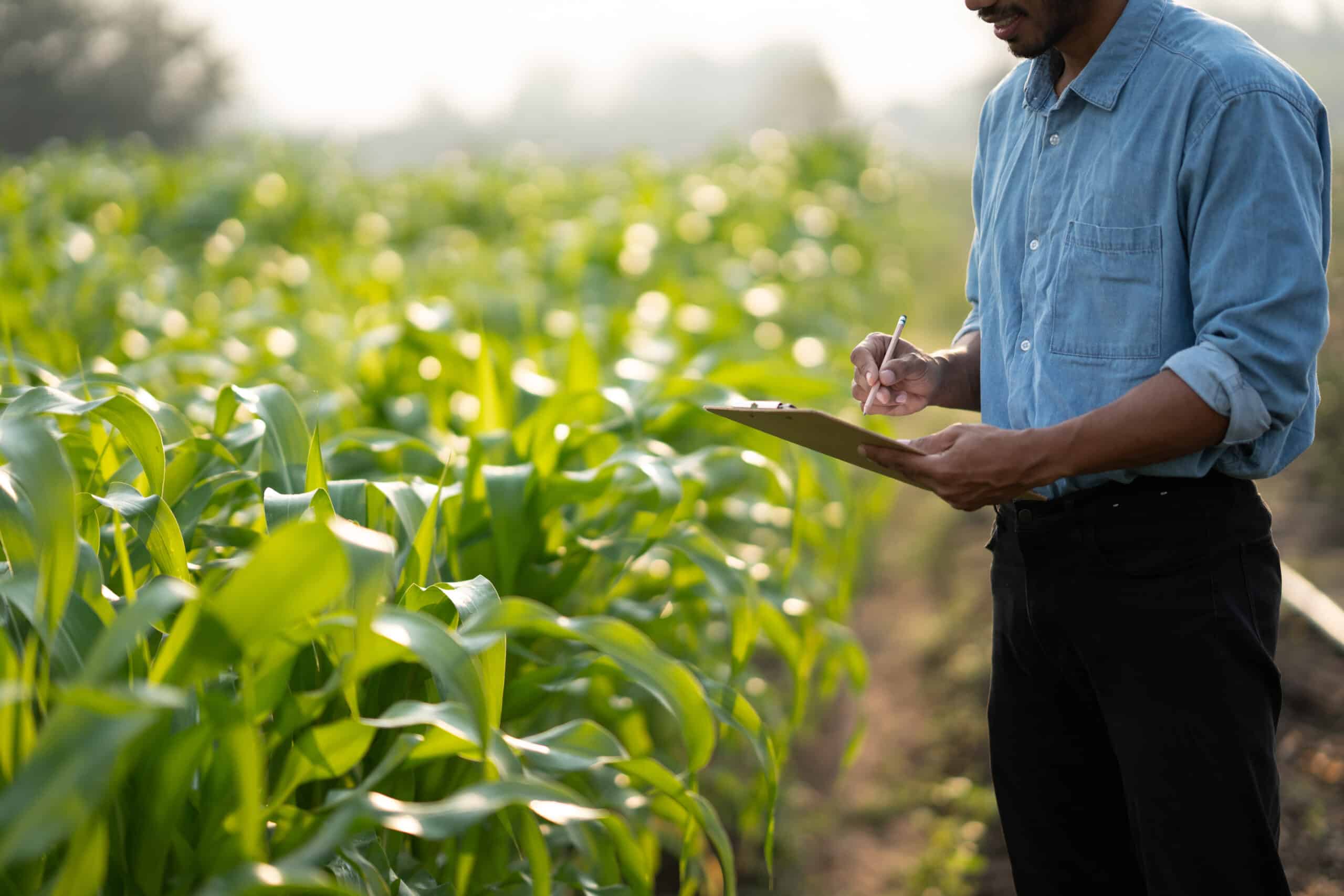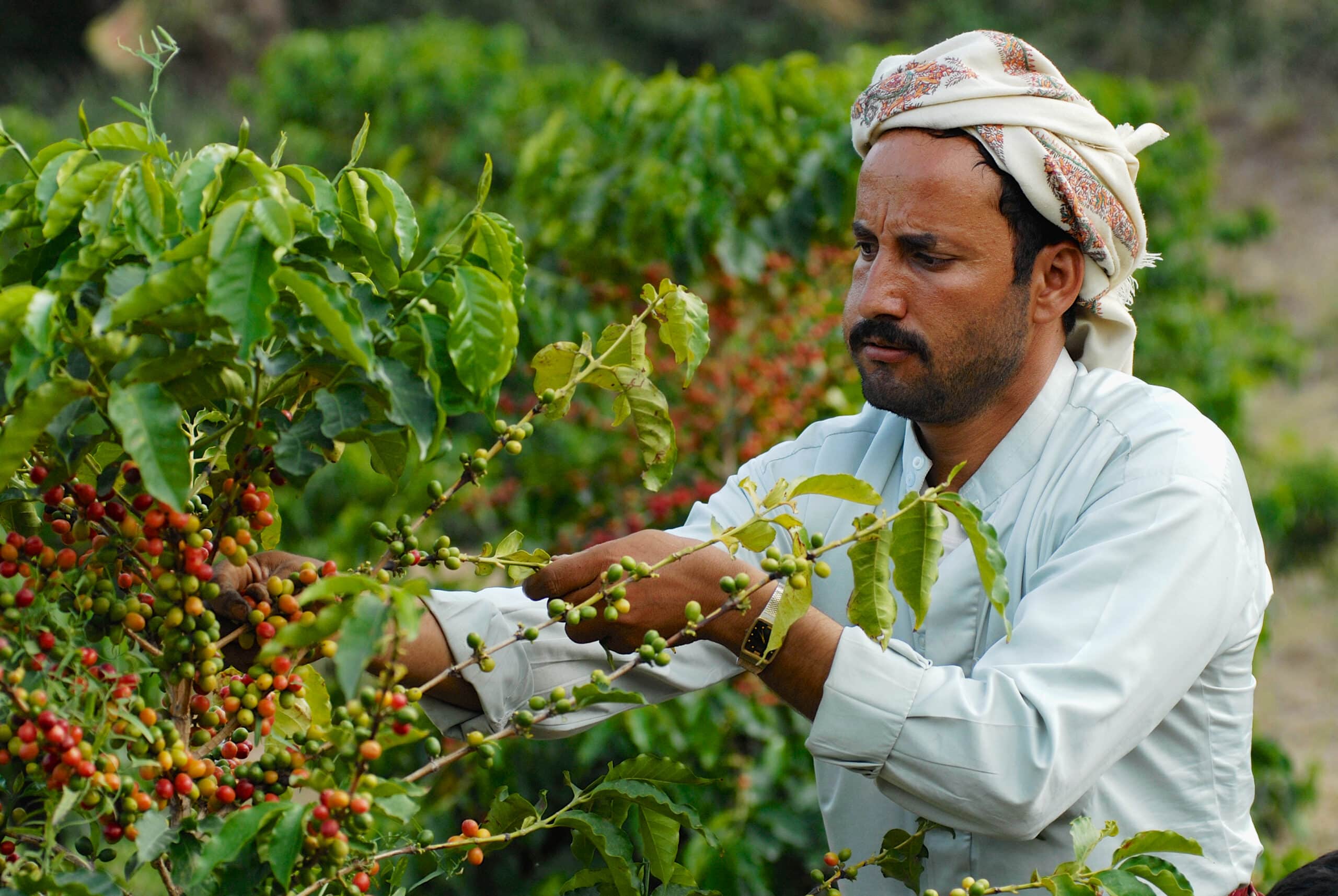Last year saw unprecedented pressures on global food security. The COVID-19 pandemic, interruption in international supply chains, and the war in Ukraine have severely disrupted food, fuel, and interlinked fertilizer markets. By June 2022 due to increasing food shortage, the number of acute food insecure people increased to 345 million in 82 countries according to WFP (World Food Programme).
Multilateral aid has increased in importance over the last 20 years. Considering this, how are multilateral agencies responding to the ongoing threats to food security? What kind of projects are key donors supporting?
Multilateral Aid
A multilateral organisation is an international organisation whose membership is made up of member governments, who collectively govern the organisation and are its primary source of funds.
Multilateral organizations (e.g., UNDP, the World Bank, FAO) pool the resources made available by their member states and direct this towards developing countries through various programs and projects. The OECD currently recognizes over 200 multilateral organizations worldwide with specific or overlapping objectives.
Multilateral aid channels are often preferred in situations where donor countries aim to increase transparency or strengthen their impact by pooling resources.
The share of aid delivered by multilateral organisations has grown steadily over the past 20 years. Today, it comprises over 210 major organisations and funds as well as numerous smaller trust funds.
In turn, these organisations and funds have an ever-increasing number of operations in developing countries, resulting in increasingly fragmented funding and activities. For recipient countries, the transaction costs and administrative burden associated with this proliferation are significant.
Multilateral aid is more likely to be allocated based on actual humanitarian or development needs and thus have a greater impact. However, some claim that multilateral donors may prove less transparent and accountable.
How are key multilateral donors responding to support food security?
The World Bank
As part of a comprehensive, global response to the food security crisis, in May 2022 the World Bank announced that it is making up to $30 billion available over a period of 15 months, including $12 billion in new projects. From April through September, the Bank has committed $8.1 billion for new projects across 47 countries – most of this support is in Africa, which is one of the hardest hit regions by the food crisis.
This financing will include efforts to encourage food and fertilizer production, enhance food systems, facilitate greater trade, and support vulnerable households and producers (World Bank 2023).
The World Bank Group’s global response will address four priorities:
Support production and producers: Take actions to enhance next season’s production by removing input trade barriers, focusing on more efficient use of fertilizers, and repurposing public policies and expenditures to better support farmers and output.
Facilitate increased trade: Build international consensus (G7, G20, others) and commitment to avoid export restrictions that increase global food prices and import restrictions that discourage production in developing countries.
Support vulnerable households: Scale up targeted, nutrition-sensitive social protection programs and replenish early-response enhancing mechanisms.
Invest in sustainable food and nutrition security: Strengthen food systems to make them more resilient to rising risks (conflict, climate, pests, diseases), trade disruptions and economic shocks – balance immediate/short-term needs with long-term investments.
UNDP – Yemen
Yemen’s eight-year-long war has decimated the economy, resulting in millions becoming food insecure. Hunger and malnutrition are among the most pressing challenges. More than 17.3 million Yemenis are food insecure and 51% of young children and 24% of women need treatment for acute malnutrition.
Since July 2021, the “Yemen Food Security Response and Resilience Project (FSRRP)” funded by the World Bank brought three UN agencies together to contribute to improving food resilience among the country’s most vulnerable. The project is implemented by the United Nations Development Programme (UNDP), the World Food Programme (WFP) and the Food and Agriculture Organization (FAO). UNDP implements $23.8 million of the project by improving agricultural production infrastructure and building climate resilience.
The UNDP is working in partnership with two key national institutions, the Social Fund for Development (SFD) and Public Works Project (PWP) to ensure both project implementation and knowledge transfer.
The FAO – Ukraine
Multilateral support is also being provided to help with the food security of those directly affected by the war in Ukraine. The FAO has announced a $15.5 million initiative to help them. Funded by the European Union, the project will help sustain agricultural production in Ukraine.
After the conflict began last February many rural producers were forced to scale down or abandon their activities, amid the destruction of crops and farm equipment, and disruption to supply chains.
The World Food Programme
WFP works with governments in 83 countries to boost or build national safety nets and nutrition-sensitive social protection. The WFP focuses on building and supporting food systems. For example, the WFP is expanding its school meal programme in Haiti, Somalia, Ethiopia, Niger, and Malawi. The programme provides meals to school children using food purchased from local farms. This provides children with safe nutritious food, whilst at the same time providing market access and incomes for local farmers and supporting local food production.
Key multilateral donors have responded to support many people impacted by the food crisis with a range of initiatives, however much more is needed, and in the long term, more needs to be done to support sustainable food production and food security.
Talk to our food security consultants
In response to escalating global food security challenges, Farrelly Mitchell leverages its strategic expertise in food security, sustainable agriculture, and supply chain optimisation to support multilateral agencies and key donors. Our consultancy services are designed to enhance the effectiveness of projects aimed at increasing food production, facilitating trade, and ensuring sustainable food systems. By collaborating with stakeholders, we contribute to initiatives that boost agricultural productivity and climate resilience, promote efficient use of resources and sustainable practices, and strengthen food systems against disruptions and economic shocks.
By facilitating partnerships and implementing innovative strategies, our food security consultants ensure that interventions are impactful, sustainable, and aligned with the long-term goals of building resilience in food systems worldwide.














